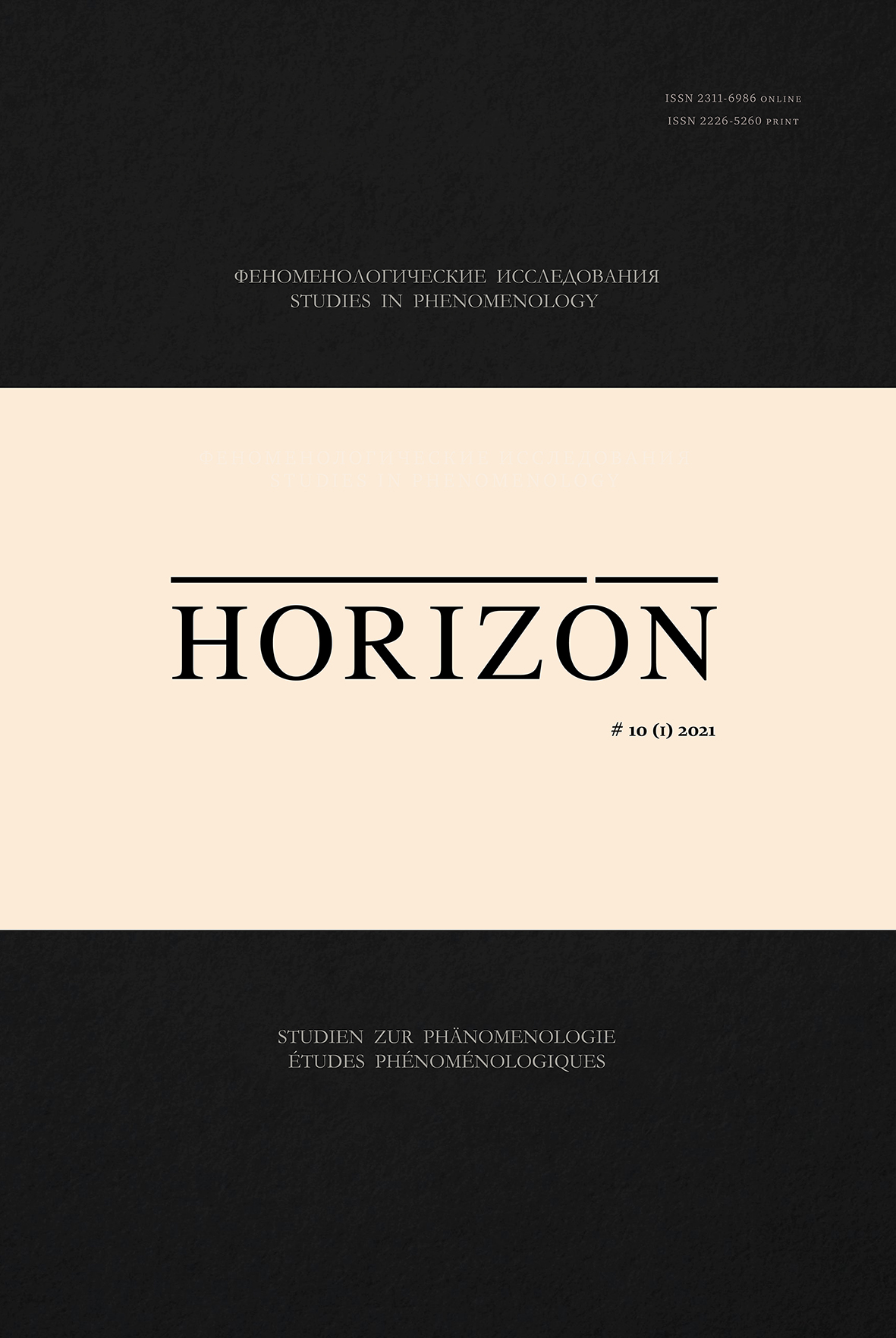Freedoom as the main problem of philosophy
Freedoom as the main problem of philosophy
Author(s): Raivis Bičevskis:, Valters ZariņšSubject(s): Philosophy, History of Philosophy, Early Modern Philosophy, Phenomenology
Published by: Издательство Санкт-Петербургского государственного университета
Keywords: M.Heidegger; G.W.Leibniz; freedom; metaphysics; Being and Time; critique of free will; Ereignis-thinking.
Summary/Abstract: Book review focuses on two books by Gunther Neumann, dedicated to the thought of Heidegger andLeibniz. If one of the books deals specifically with the understanding of freedom in both of the two philosophers, then the other one deals more with Heidegger’s three approaches to Leibniz’s thought: (1) Interpretation of Leibniz in the context of the making of fundamental ontology and in Being and Time, aswell as the reading of Leibniz after Being and Time; (2) Interpretation of Leibniz during the transition toEreignis thought; (3) Interpetation of Leibniz in the framework of Ereignis thought. Author’s scrupulousclose reading approach allows to show the changes in Heidegger’s approach to Leibniz’s philosophy, as wellas sketch out the placement of Leibniz’s great themes on the horizon of Heidegger’s history of the truth ofbeing. Author also shows that from metaphysics there stems a certain view in the modern philosophicaldiscussions oriented on neurosciences—a certain view on the human being and on the freedom of will.On this background Heidegger appears as a thinker who has looked beyond the alloy of metaphysics andsciences, in which the concept of freedom has been greatly restricted. Heidegger manages (thanks to theradical questioning of Being) to turn the view on the problem of freedom, which appears in G.Neumann’sbooks as the main problem of philosophy—through the contact of Leibniz’s thought and Heidegger’s.
Journal: Horizon. Феноменологические исследования
- Issue Year: 10/2021
- Issue No: 1
- Page Range: 305-311
- Page Count: 7
- Language: English
- Content File-PDF

